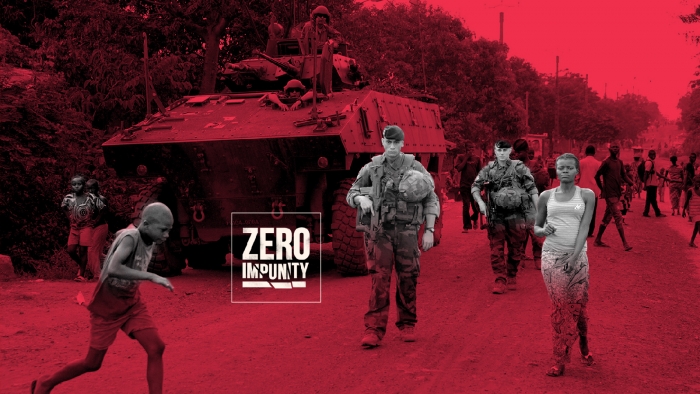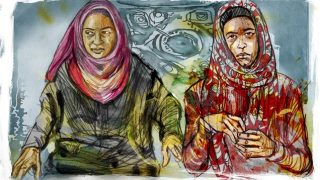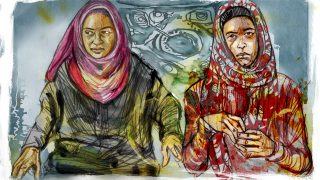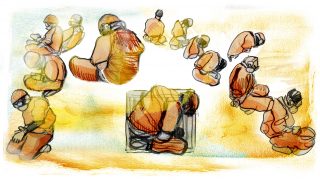The French military could not have dreamed of better timing. Just three weeks before the official end to Operation Sangaris– set for October 31, 2016– a UN internal memorandum was leaked to the press. This memo cast doubt on accusations of rape levied against international troops in the Central African Republic, suggesting that victims “may have been given financial incentives to testify”.
There was worldwide outcry when the British newspaper, The Guardian, first published a UN internal report in April 2015 revealing that French soldiers had raped or assaulted refugee children near the Mpoko IDP camp in Bangui. The French military operation, which was launched on December 5, 2013, was meant to protect thousands of civilians displaced by the bloody conflict raging in France’s former colony. A power struggle between rival militias had descended into brutal sectarian violence.
These allegations of abuse were a PR nightmare for the French government and Operation Sangaris, which had already suffered criticism. So, when the leaked UN memo in 2016 shed doubts on the whole affair, the Sangaris commanders must have been overjoyed. It didn’t matter that the memo focused on the alleged abuse carried out by UN peacekeepers of Gabonese and Burundian origin, not the French. Nor did it matter that the memo didn’t call into question the accusations that French soldiers had raped underage children near the Mpoko IDP camp. Nor did it matter that these “financial incentives” almost certainly refer to aid given to victims by humanitarian organisations. The seeds of doubt had been planted. The French Defense Minister took the opportunity to denounce what he called the “casual way” that UNICEF had treated the accusations and accused the UN children’s organization of “not verifying the testimonies” that it had gathered.







